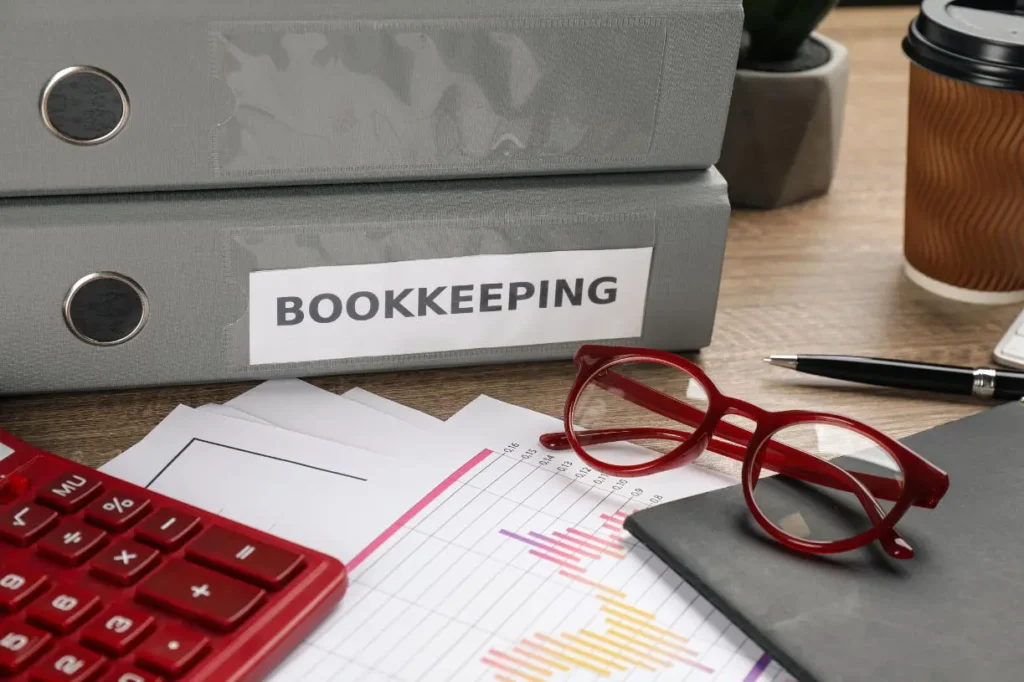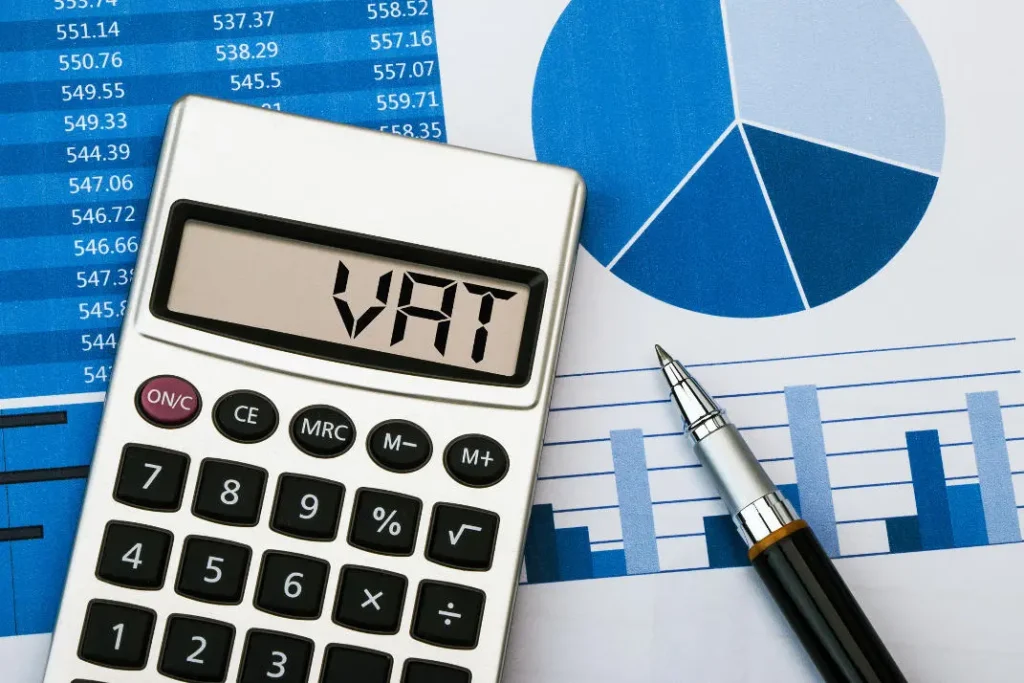
Introduction
When conducting business in Thailand, it’s essential to understand the legal requirements for issuing tax invoices or receipts. These documents play an important role in submitting VAT (Value Added Tax) and ensuring compliance with tax regulations. Failure to issue it correctly may lead to non-deductibility of expenses and increase the company’s tax liability.
In this blog post, we will take a look at the Thailand tax invoice requirements, including the mandatory information that must be included, the different scenarios in which tax invoices are required, and the importance of following foreign currency regulations.
Key Points
- Must include specific mandatory information such as the wording “Tax Invoice,” seller and customer details, date, serial number, goods/services description, and VAT amount.
- Tax invoices are a mandatory requirement for submitting VAT, ensuring compliance, and maintaining accurate financial records.
- It is required in various scenarios, including sales by juristic entities with turnover below 1.8 million baht, specific product sales/imports, professional services, and rental agreements.
- Regular invoices differ from tax invoices, as tax invoices have specific legal requirements and the invoice date determines the VAT liability.
- For invoices raised in foreign currencies, dual currency display (foreign currency and Thai baht) and alignment with the Bank of Thailand’s exchange rates are mandatory.
Why Are Tax Invoices Important?
A tax invoice serves as a legal document that sellers must provide when selling goods or services. It includes specific information required by the tax authorities and helps track VAT payments accurately. These invoices are required for businesses for the following reasons:
VAT Submission: Tax invoices are necessary for submitting VAT to the tax authorities. Without proper invoices, expenses may not be deductible, leading to increased tax liability.
Compliance: Issuing tax invoices is a mandatory requirement to avoid penalties and legal consequences being issued to companies.
Record-Keeping: Tax invoices are important for accurate record-keeping and financial reporting. They provide evidence of transactions and help businesses reconcile their accounts.
What Should Be Included in a Tax Invoice?
When issuing an invoice in Thailand, certain information must be included. This information ensures that the invoice is valid and complies with tax regulations. The mandatory requirements include:
The Wording “Tax Invoice”:
The invoice must prominently display the words “Tax Invoice” to indicate its purpose.
Seller’s Information:
The name, address, and tax identification number (TIN) of the seller must be clearly stated on the invoice.
Customer’s Information:
The name, address, and TIN of the customer must also be provided on the invoice.
Head Office/Branch Number:
If applicable, the invoice should specify whether the seller and customer are the head office or a branch. If the payee is a company registered in Thailand, and there is no other branch (or if you do not know), then the words ‘Head Office’ must be written in brackets next to the company name.
Invoice Issue Date:
The date on which the invoice is issued should be clearly mentioned. In practice, we issue the invoice on the day on which the payment has been received, therefore, the VAT will be due on this date.
Tax Invoice Serial Number:
Each invoice must have a unique serial number for proper identification and record-keeping.
Description of Goods or Services:
The invoice should include a detailed description of the goods or services provided, including quantity, unit price, and total value.
VAT Amount:
The invoice must clearly state the amount of VAT charged on the goods or services provided. This is usually calculated as a percentage of the total value.
It’s important to ensure that all the mandatory information is accurately included on the invoice. Any missing or incorrect information may render it invalid and result in non-compliance with tax regulations.
What does a Tax Invoice Look Like?
For an example of what a Thai Invoice should look like, please see the example below.

When are Tax Invoices Required?
They are required in various scenarios, depending on the nature of the transaction and the parties involved. Here are some situations where invoices must be issued:
Juristic Entities with Annual Turnover above 1.8 Million Baht: A company registered in Thailand with an annual turnover above 1.8 million THB must be registered with the VAT system. Once the company has been registered for VAT they must issue an invoice for their sales.
A company must register for Value Added Tax if it is expected that the company’s gross income will exceed 1.8 million THB per annum or within 30 days of the date they hit 1.8 million THB in income.
Sales and Import of Specific Products: Certain products, such as books, magazines, and unprocessed agricultural products, require an invoices for their sales and import.
Professional Services: Providers of professional services, including medical, audit, and regulated legal services, must issue invoices to their clients.
Thai Governmental Organizations: Services provided by Thai governmental organizations also require tax invoices.
Land Transportation: invoices are mandatory for land transportation services.
Educational Services: Recognized schools that provide educational services must issue invoices.
Cultural Services: Museums and other cultural establishments must provide invoices for their services.
Rent of Immovable Properties: Rental agreements for real estate properties must include invoices.
Religious and Charitable Services: invoices are required for services provided by religious or charitable organizations.
What is the Difference Between Tax Invoices and Regular Invoices?
It’s important to note the distinction between tax and regular invoices. While both serve the purpose of requesting payment for goods or services, invoices have specific requirements and are issued in specific situations.
Regular invoices are typically issued to request payment and may not contain all the mandatory information required for a invoice. On the other hand, invoices are issued upon the delivery of goods or receipt of payment, and they must meet all the prescribed requirements as established by law.
The invoice date becomes the tax point for VAT purposes. This means that the VAT liability is determined based on the tax invoice date, regardless of when the payment is received or goods are delivered.
What are the Foreign Currency Regulations?
Invoices raised in foreign currencies must comply with their own specific regulations. When issuing tax invoices in foreign currencies, the following requirements should be observed:
Dual Currency Display: Invoices raised in foreign currencies must show both the foreign currency and the Thai Baht equivalent on the face of the invoice.
Exchange Rate Alignment: The exchange rate used for currency conversion must align with the rates published by the Bank of Thailand.
Our Thoughts
Foreign companies often ask whether it is possible for their business to be able to keep using their own internal invoicing software for issuing invoices for their operations in Thailand. In theory this would work fine for issuing a quotation, proforma invoice and invoice.
However, the company’s existing software may not allow the company to correctly issue an Invoice containing the mandatory fields and specific information that is required by Thai law and also deduct the 3% withholding tax (should it be required). In this situation it is recommended to also use a software which has been specifically formatted for the Thai compliance requirements. By doing so, the company can ensure it complies with all the legal requirements and not subject themselves to any fines or penalties.
Each tax invoice/receipt must contain all the mandatory requirements. Failure to correctly issue a tax invoice/receipt may result in fines and the company not being able to use its Withholding Tax (WHT) and/or VAT credit.




